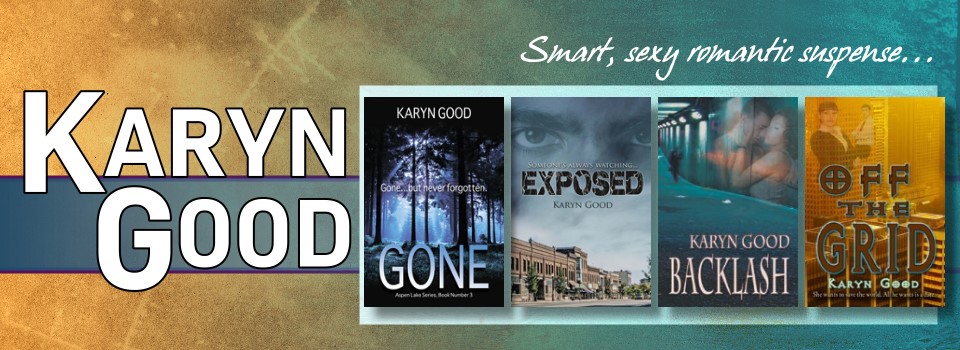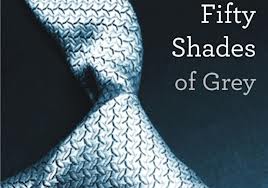As a romance writer I’m thrilled when readers outside of my genre give it a try. I’m especially thrilled, of course, when they’re surprised by how much they enjoy it. I’m continually surprised by friends who have never before considered reading a romance have read Fifty Shades of Grey. I remember reading at one point that E.L. James sells two books every second. Or did, perhaps that was during the height of the consumer rush. All I can say is, wow! Call me crazy but I’m pretty sure that classifies as a success story.
I won’t bother to explain who E.L. James is or what her Fifty Shades books are about. I can’t imagine anyone not knowing. What interests me is why readers who’ve never ventured into the erotic or erotic romance genre flocked to stores and catapulted her and her stories into the spotlight.
I’m not going to comment on the quality of the writing. E.L. James has sold a gazillion books, I’ve sold…less than that amount. And who am I to say what the well-written word looks like. I’m still trying to figure it out for myself. I will say there were parts I loved and some I loved less. That’s generally the way it works when I read most books. I’m one of those readers who likes to read the book of the moment. As a writer, I thinks it’s important to keep track of what’s selling. And why.
It’s my job as a writer, one who wants to increase her readership, to figure out what I can learn from her books and the book buying climate. What is it about this story that sells books? What is it about Christain Grey and Anatasia Steele that sells books. Is it the sexual component? Curiousity? The cover? The ideal fantasy? And how much of it is marketing?
Here’s what I took away from Fifty Shades of Grey.
Memorable Characters: First and foremost characters over plot sell books. They’re the reason we love a book. In literary and genre fiction. The most carefully contrived plot fails is the characters are cardboard cutouts. Who gives a crap about the world building if the characters suck. You don’t have to like them, but you do have to feel strongly about them. If the characters are flat the story isn’t as captivating. Today’s heroes and heroines are smart. They push to survive. Contemporary characters need modern dilemmas. They may not want it all but they want it BIG. They dig deep for the courage to live big and maintain ideals.
Emotion: Emotional Rewards per Page and Reader Experience. I remember a guest blog post written for the new defunct Prairie Chicks Write Romance by a gentleman, Vince Mooney, who had studied the romance genre and gave us a look into what makes Nora Roberts’ writing so popular. It really is worth the time it takes to read the post. In romance the ending is no surprise. The appeal is in the journey. When we write we need to think in terms of reader experience and what that means on every page. Living big takes huge emotion. It takes courage, passion and commitment; success and failure; sacrifice, forgiveness and humility.
Voice: It’s what starts that coveted promotion tool known as word-of-mouth. It’s that nebulous thing that either appeals or it doesn’t. It resonates subconsciously. Voice is, of course, subjective in it’s appeal. But as with emotion so it is with voice. Go big or go home. If the author holds nothing back in terms of how she/he tells the story it shows on the page.
 Of course, these three things are subjective but books with these qualities have mass market appeal as there are certain qualities that appeal to us all. Don’t get me wrong, I’m certainly not going to plant myself in my writing chair and try and churn out a story that’s only appeal is marketability. I am saying that there is inspiration to be found in other’s successes. Something to be learned from the works of others whether we liked the story or not. Objectivity is a skill we use in critiquing others pre-published works. It’s also plays a part in improving our own skills.
Of course, these three things are subjective but books with these qualities have mass market appeal as there are certain qualities that appeal to us all. Don’t get me wrong, I’m certainly not going to plant myself in my writing chair and try and churn out a story that’s only appeal is marketability. I am saying that there is inspiration to be found in other’s successes. Something to be learned from the works of others whether we liked the story or not. Objectivity is a skill we use in critiquing others pre-published works. It’s also plays a part in improving our own skills.
Do you read bestsellers? Are you influenced by the book of the moment? Do you feel writers can learn valuable insight into the publishing climate by studying bestsellers in your genre?

